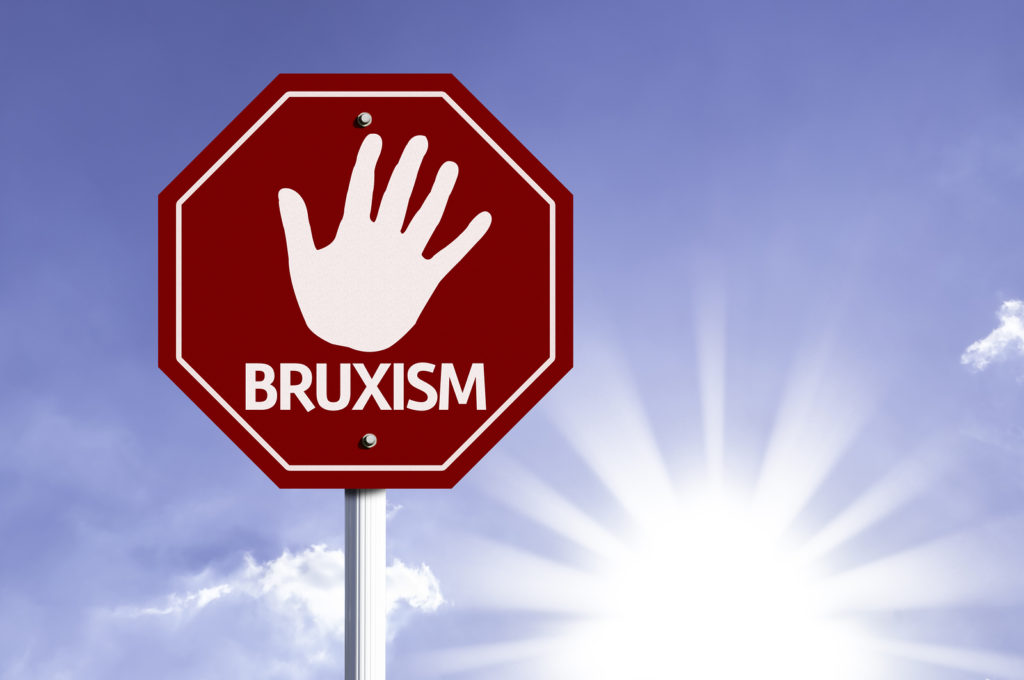5 Ways That Nocturnal Teeth Grinding May Be Impacting Your Sleep and Health
Nocturnal teeth grinding, which is also known as Bruxism, is a medical condition that causes you to clench your jaws and grind your teeth while you sleep at night. According to the American Sleep Association, 10 percent of adults and 15 percent of children gnash their teeth during sleep. However, it is estimated that 80 percent of adults who suffer from this condition may not even be aware that they have it, until physical symptoms or other sleep disruptions surface.
Here are 5 of the most common ways that grinding your teeth at night may be impacting your sleep quality and overall health:
- Nocturnal teeth grinding can lead to jaw issues and damage teeth.
If you frequently grind your teeth while sleeping, it can have a very negative impact on your dental health. The continuous action of clenching your jaws can create pain, and over an extended period of time, can also contribute to jaw malalignments. Bruxism can also wear down your teeth more quickly, and lead to damage and premature enamel loss.
- Bruxism can cause frequent headaches or earaches.
Grinding your teeth as you sleep can cause you to experience symptoms during your waking hours, such as headaches, earaches, and jaw pains. If you often awake with soreness in your jaws, or experience frequent headaches or earaches with no other medical causes, then there is a good chance you could be clenching your jaws or grinding your teeth as you sleep.
- Grinding your teeth at night can be a signal of stress.
According to the National Sleep Foundation, Bruxism is most commonly caused by high levels of stress, anxiety, or rage. Nighttime teeth grinding has also been linked with the following causes and triggers:
- Alcohol consumption
- Smoking
- Snoring
- Fatigue
- Bruxism can lead to disrupted sleep.
While many people who have Bruxism only notice symptoms while awake, this condition can lead to sleep disruptions and cause you to awake feeling unrested. According to the American Sleep Association, Bruxism typically occurs in the early stages of sleep, just before REM sleep begins, and can occur in several cycles. This condition can easily disrupt your sleep patterns by delaying REM sleep, or causing you to awake before your deep sleep cycle begins.
- Teeth grinding during sleep can be a sign of an underlying sleep disorder.
According to the Bruxism Association, nocturnal teeth grinding is rarely a condition that exists on its own with no other causes, triggers, or underlying problems. Bruxism can be a sign of other sleep disorders ranging from snoring to sleep apnea. Sleep apnea causes you to stop breathing for periods of time during your slumber, and can be highly dangerous and detrimental to your health.
If you are experiencing any of the symptoms or effects of Bruxism, and suspect that you might be grinding your teeth as you sleep, then you should consult a doctor or a sleep specialist. While there is no known cure, Bruxism can be diagnosed in a sleep study and managed with treatment so you can relax and get the rest you need at night.


